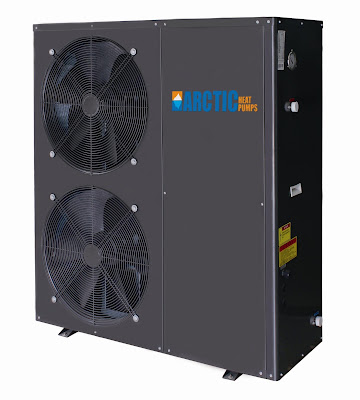Deciding Between Solar or Air-Source Heat Pump for Your Pool Heater

Every pool owner desires a cozy swimming environment, but choosing the right heating method can be a daunting task. Solar pool heaters and air-source heat pumps are two popular options, each with its own set of advantages and drawbacks. Let's delve into the details to help you make a wise choice: Solar Pool Heater: Harnessing solar energy directly, solar pool heaters offer impressive efficiency, transferring thermal radiation to warm pool water. Here's a breakdown of their pros and cons: Pros: Cost-Effective: Solar pool heaters have minimal operating costs, barring electricity for the pool pump. Low Maintenance: They require little upkeep, simplifying maintenance for pool owners. Eco-Friendly: Direct solar energy usage makes them environmentally friendly. DIY Installation: Installation is DIY-friendly, reducing setup expenses. Cons: High Initial Cost: The upfront investment is considerable compared to alternatives. Slow Heating: They may take...
